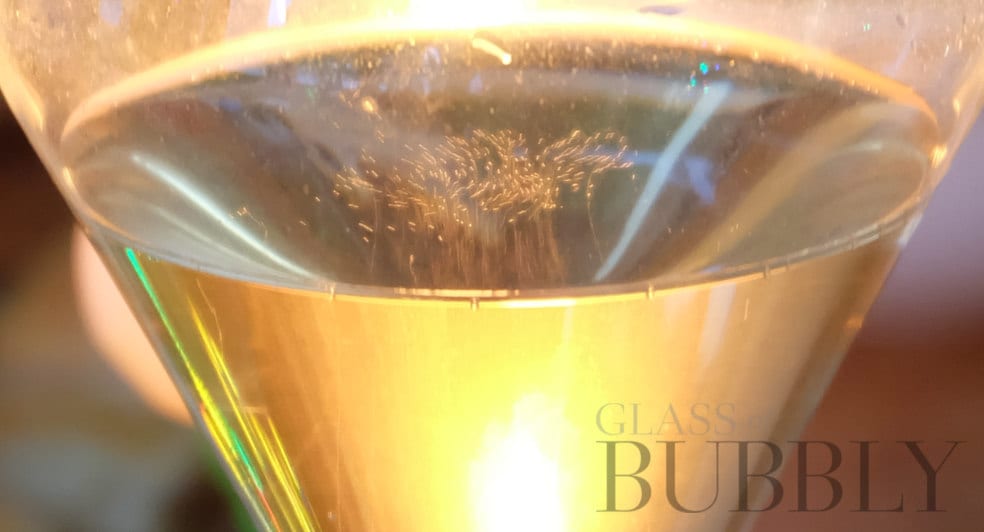Does Alcohol Really Help You Sleep?
23rd July 2019

We’ve all been there; used ‘it will help me sleep better’ as an excuse for that extra glass of wine, right? However, there are many questions around the topic of alcohol and sleep, and a lot of different answers. The main question being, ‘what is the effect of alcohol on our sleep?’ and whether alcohol really does help us snooze.
While it might make us feel drowsier, it certainly won’t improve the quality of our sleep. We spoke to the sleep expert at Happy Beds, Joy Richards, who has spent the last decade researching the effects that alcohol has on our bodies during the night.
“Alcohol does make us feel tired, which is why a lot of people may slip an extra drink. However, the quality of the sleep will certainly lack, and the alcohol will more than likely stop you from receiving a full night’s sleep and cause you to wake up a few times during the night” she says.
Drinking before going to bed will mean that one reduces REM sleep. This usually happens about an hour and a half after falling asleep and is thought to be the restorative part of our kip.
Joy, who has many clients that can associate their bad sleeping pattern with their daily drinking, says, “Disruptions in REM sleep can definitely cause daytime drowsiness, poor concentration and bring down your overall mood. Owning a sleep tracker is a great way for you to understand your sleeping pattern more, as it shows you your light, deep and REM sleep.”
As she has years of experience, we asked Joy what tips she would give to someone that enjoys a glass of wine or two before bed. Her top three tips are:
1. “Give your body time to process the alcohol. On average, it takes roughly an hour for your body to process just one unit of alcohol, although this varies person to person, so just use this as a rough guide. As a reminder, a pint of beer has three units.”
2. “There are other foods and drink to avoid too, rather than just alcohol. I know this will be stating the obvious, but any drinks with caffeine in are a no-go, and should be avoided a good few hours before bedtime. I suggest having no caffeinated drinks after 3pm.”
3. “There are food and drinks that actually will contribute towards a good quality sleep, with science backing behind them all. Try eating more of these during the day for a good quality sleep.”
![]()
Glass of Bubbly Content
Content shared by this account is either news shared free by third parties or advertising content from third parties and affiliations. Please be advised that links to third party websites are not endorsed by Glass of Bubbly Ltd - Please do your own research before committing to any third party business promoted on our website.
